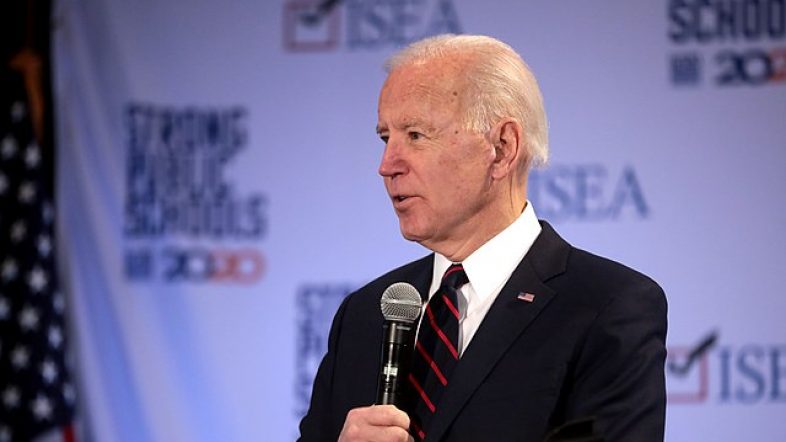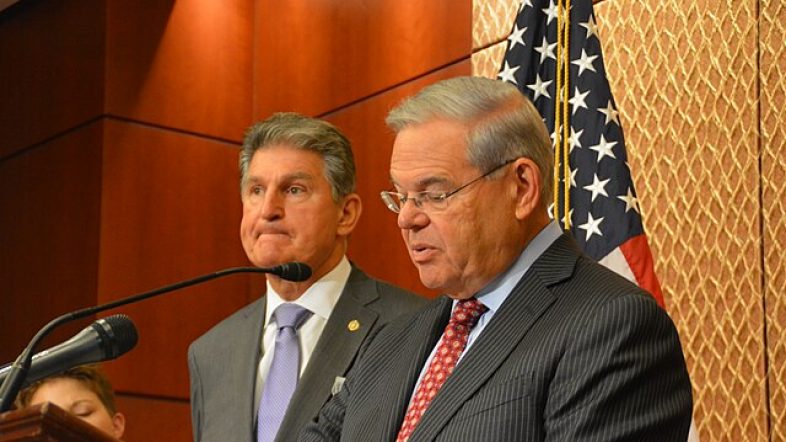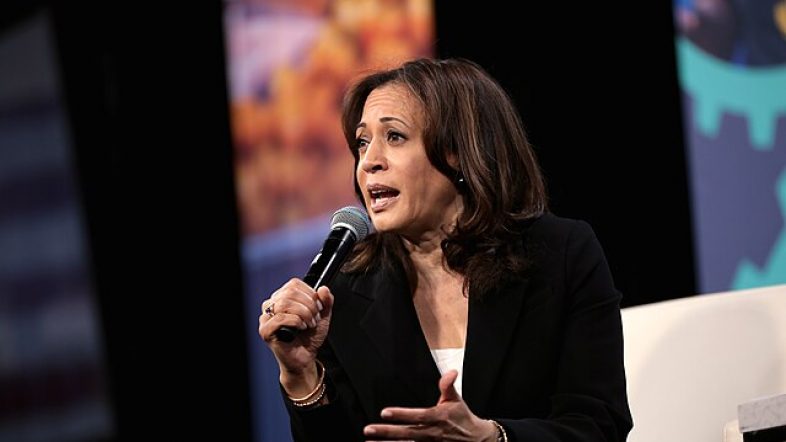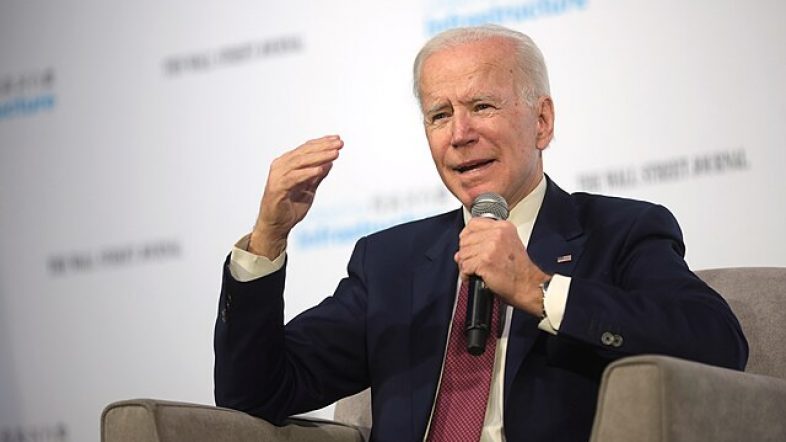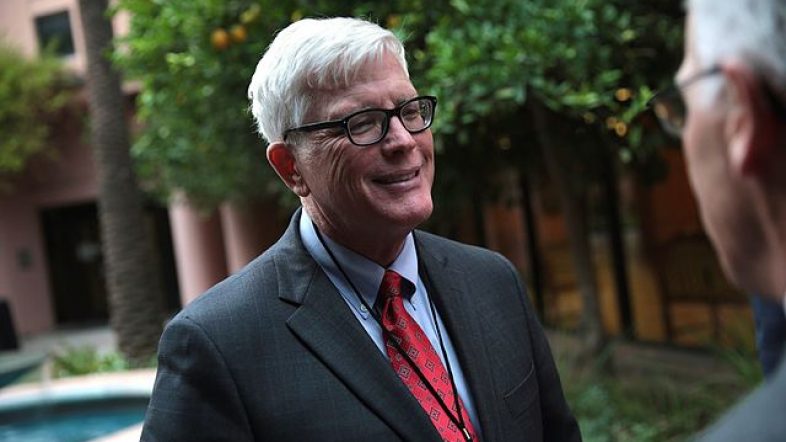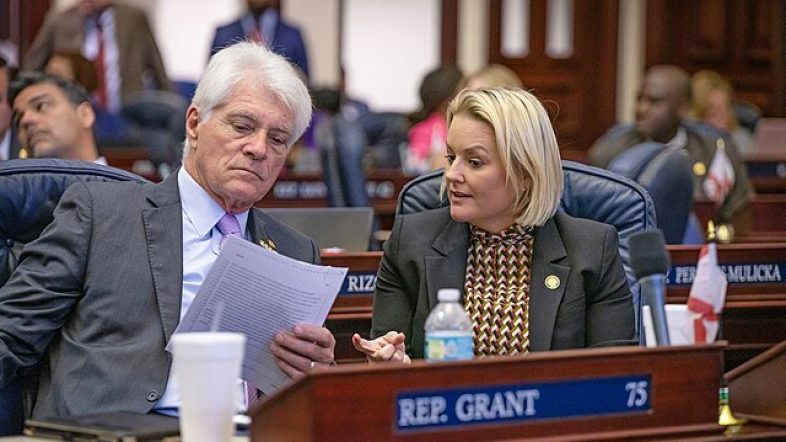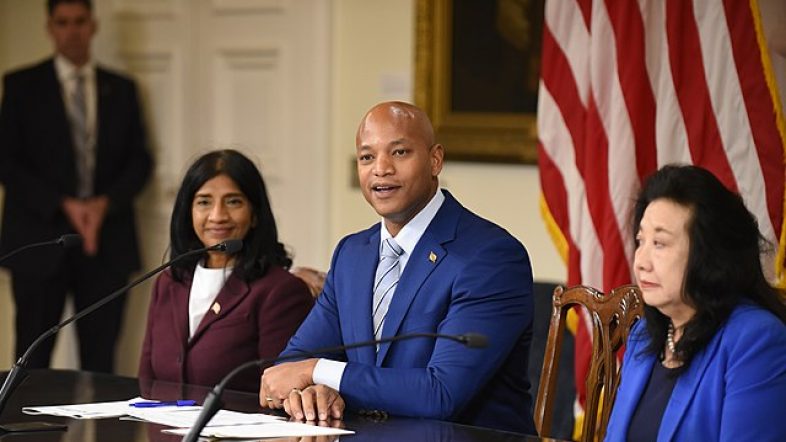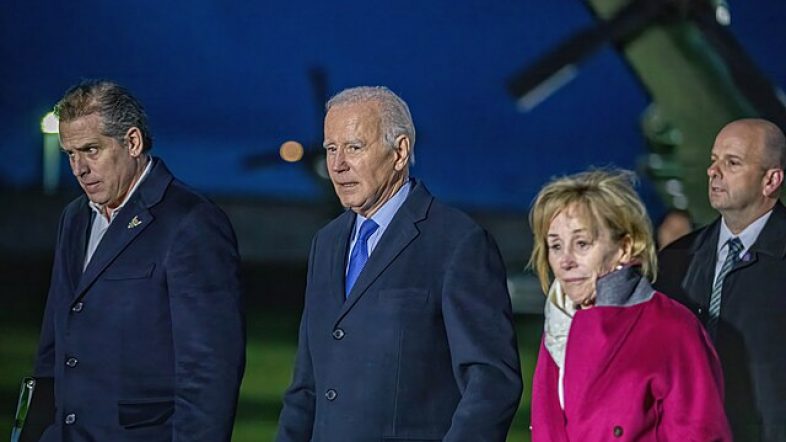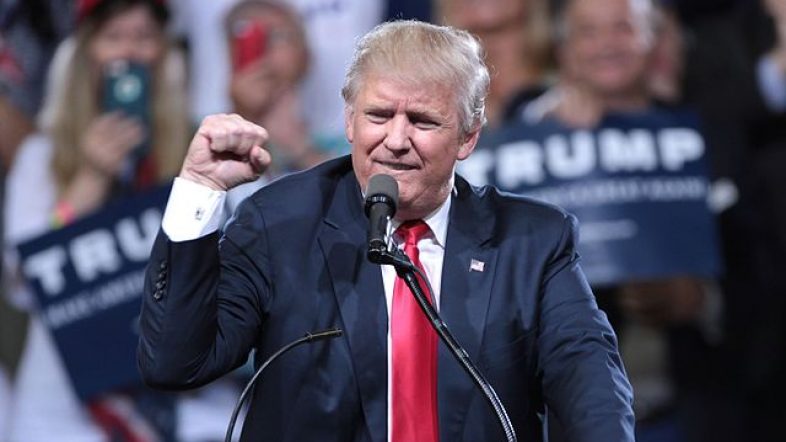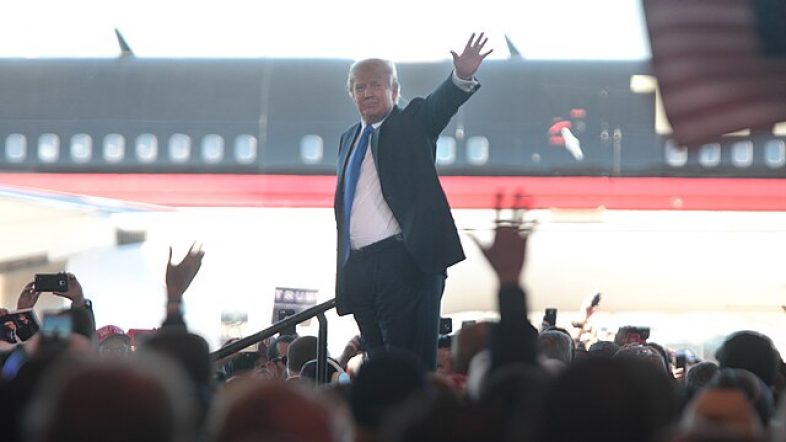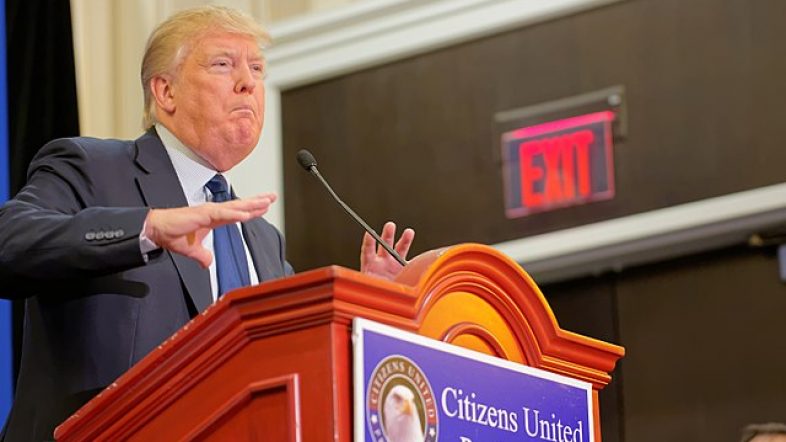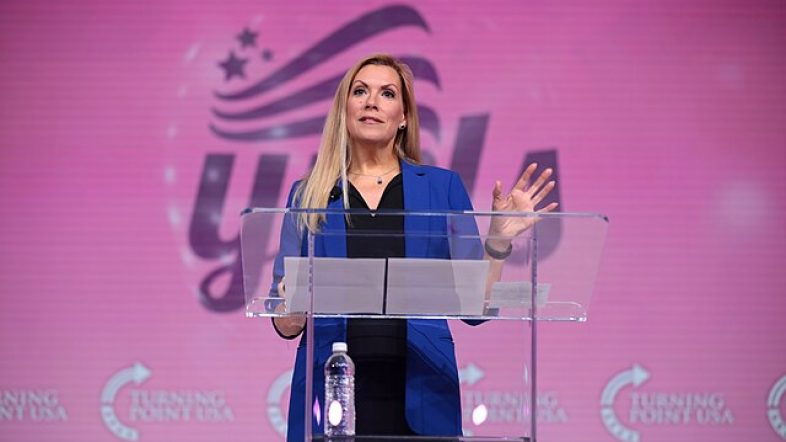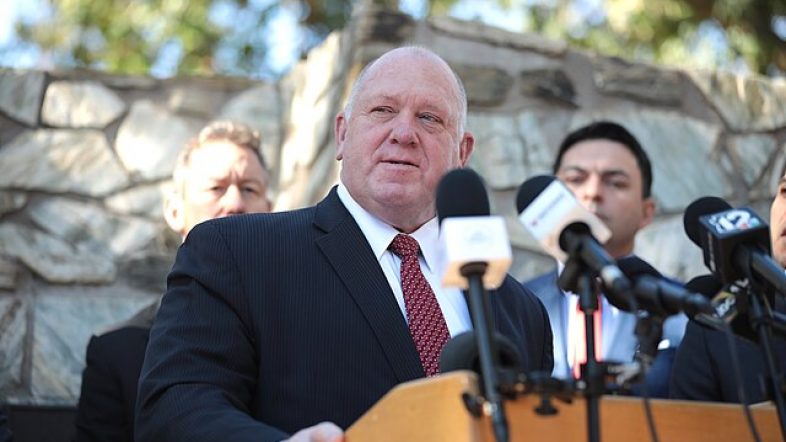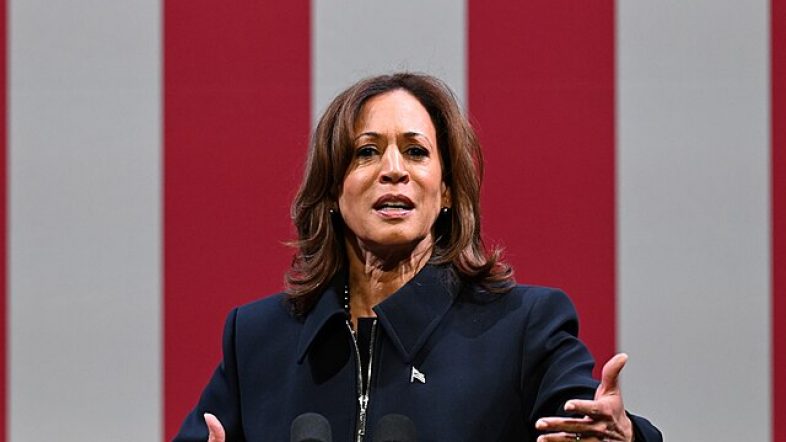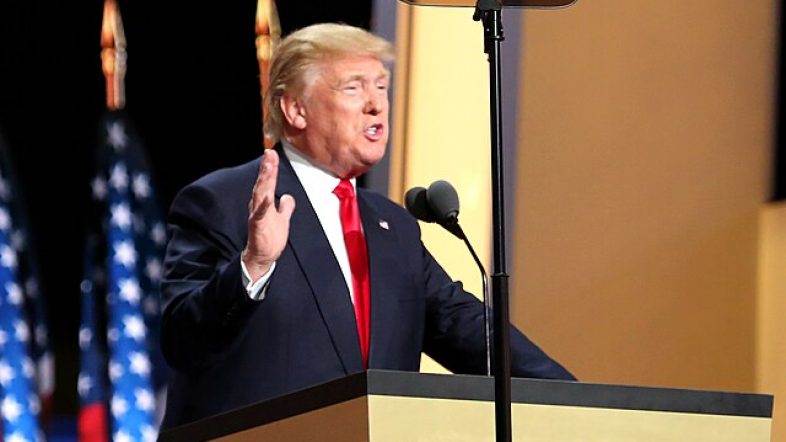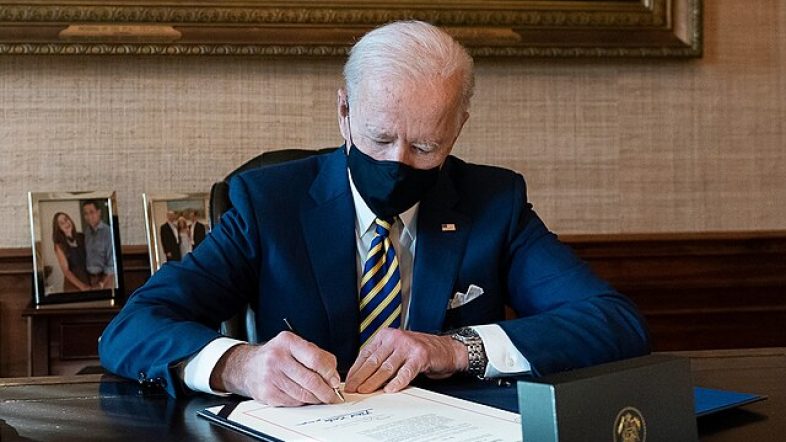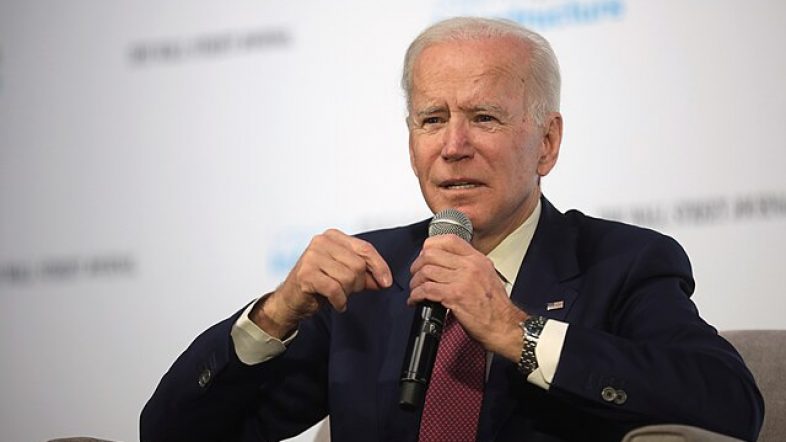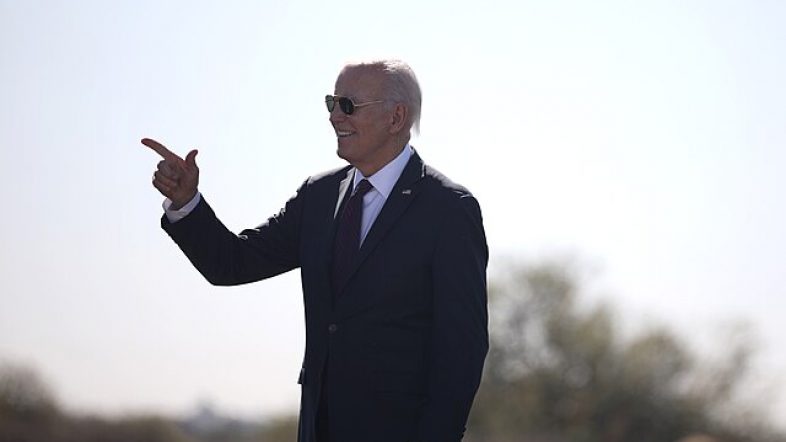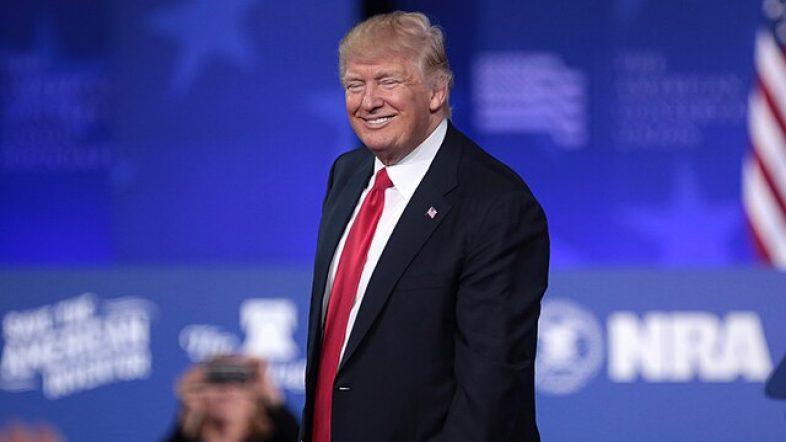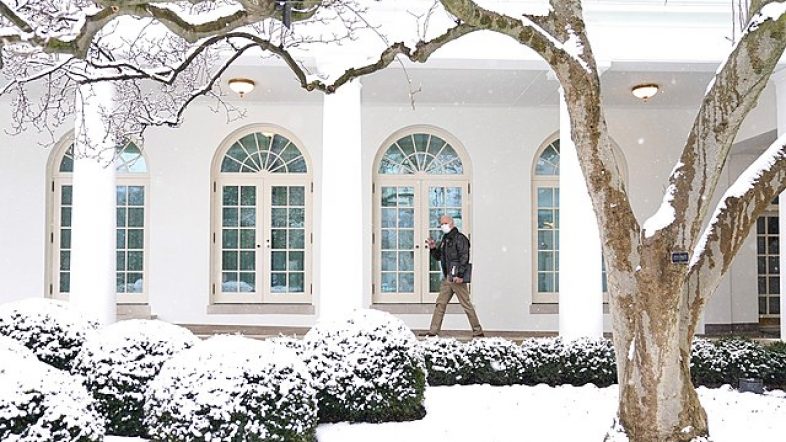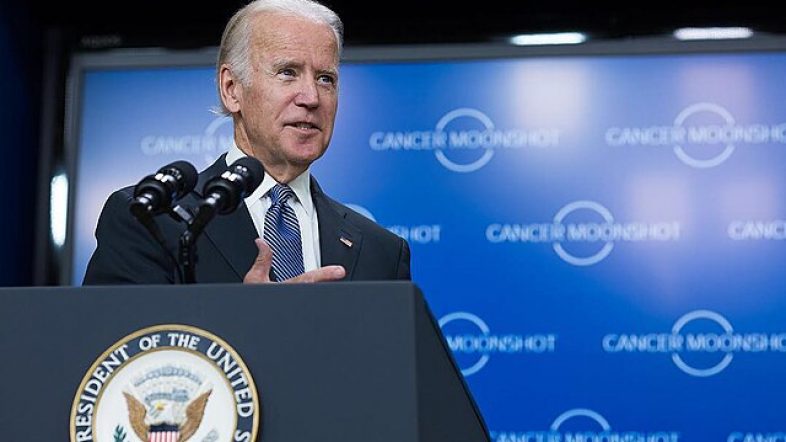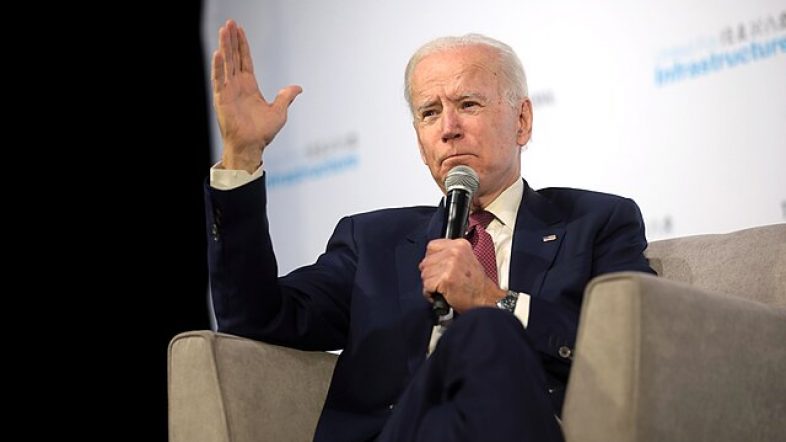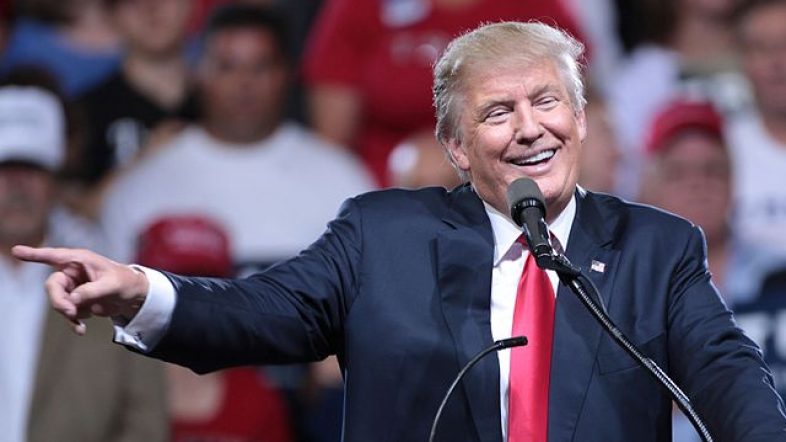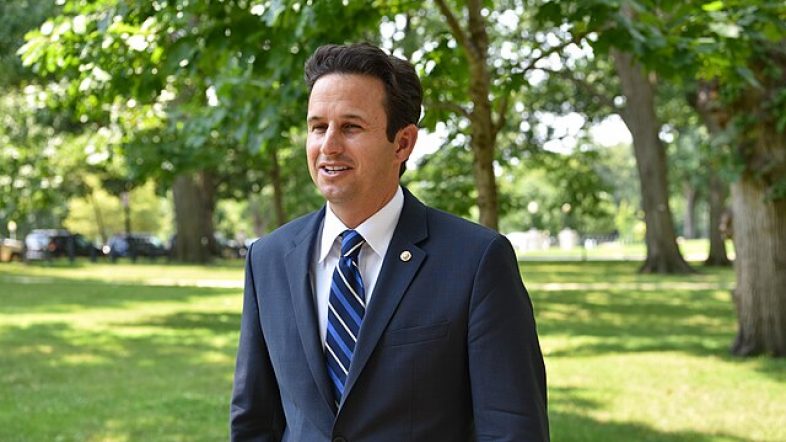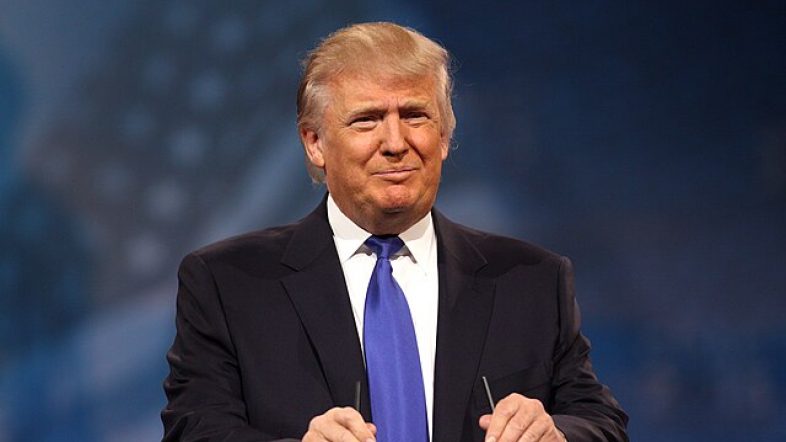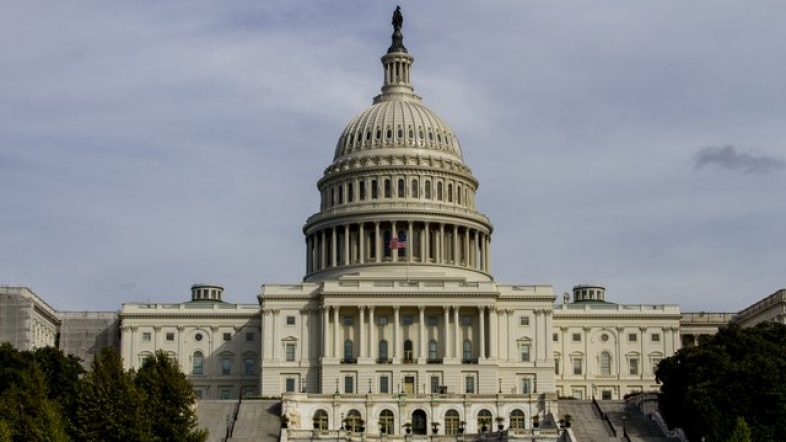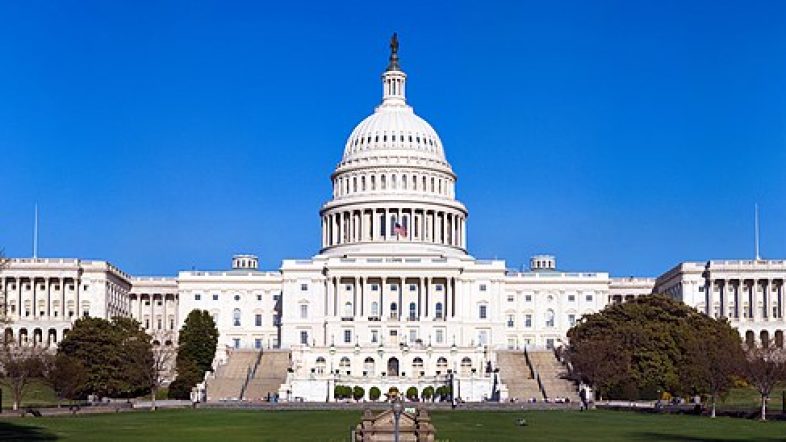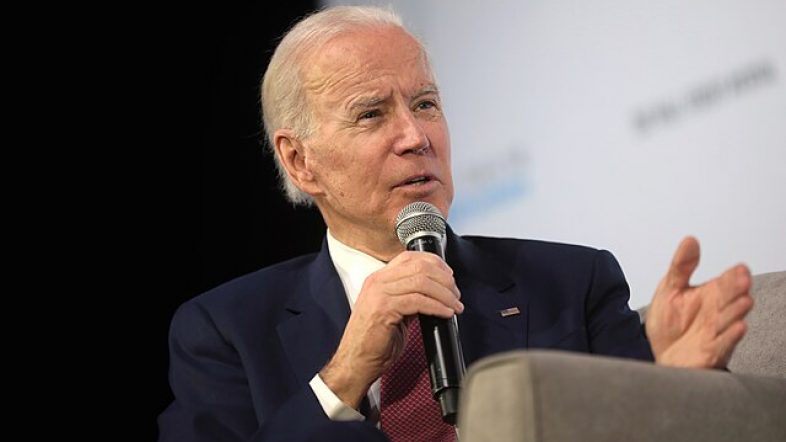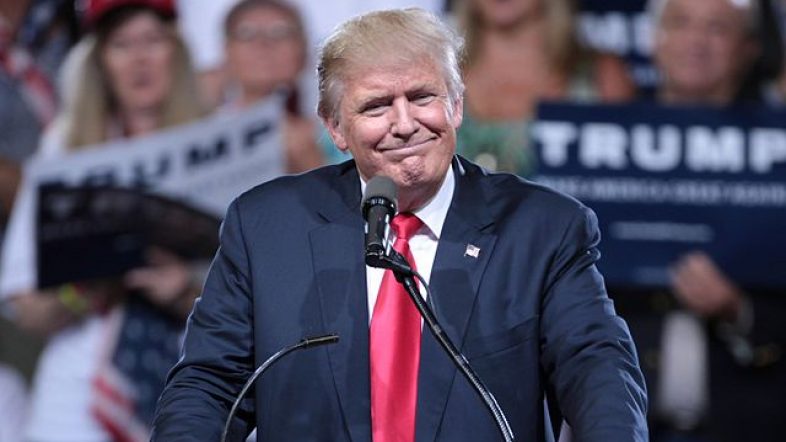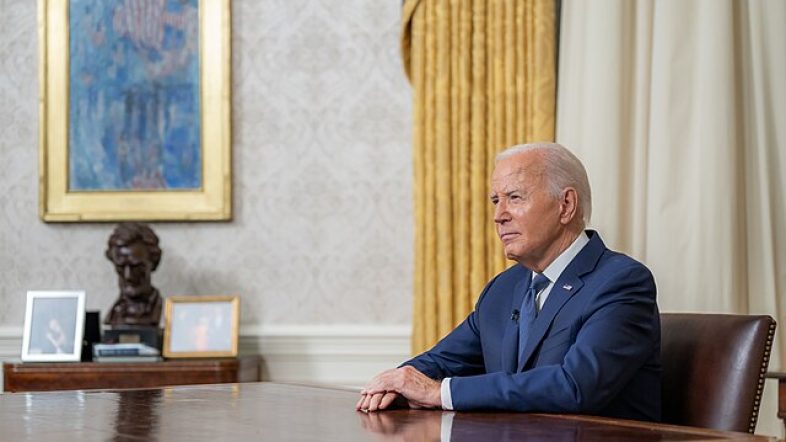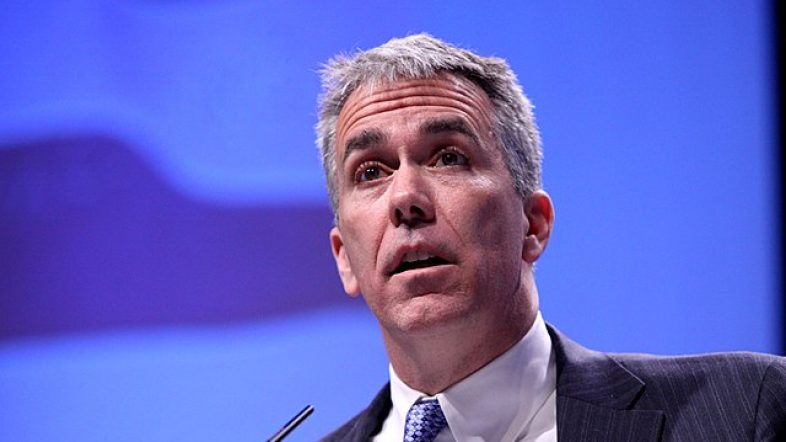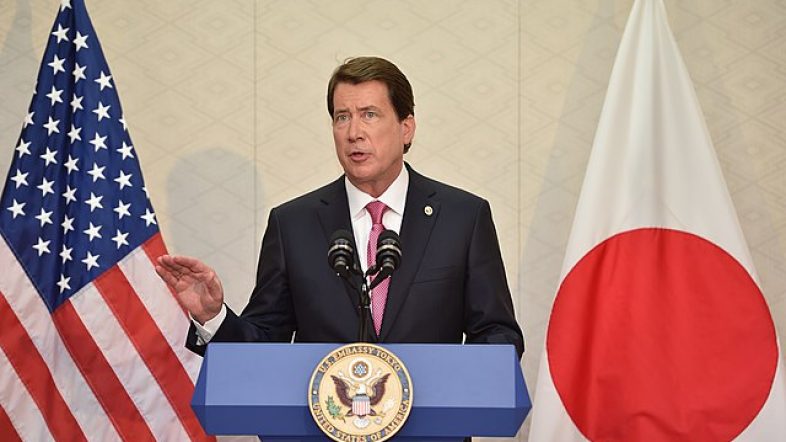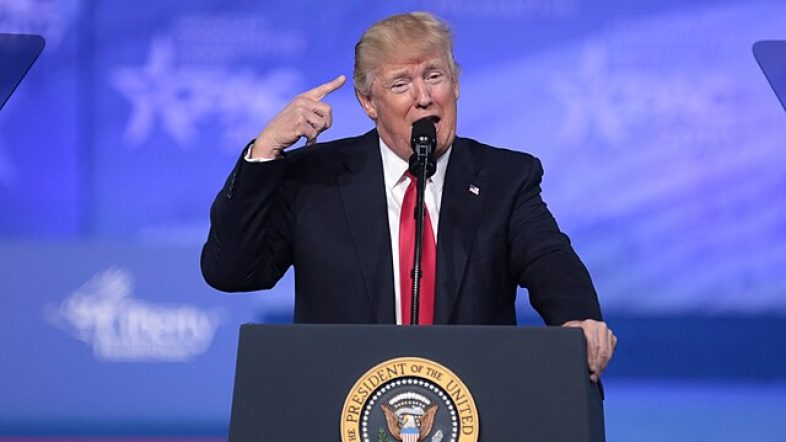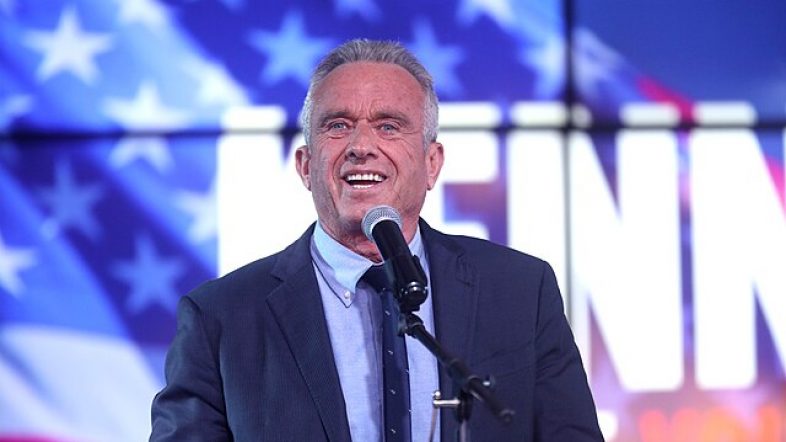Trump and his co-defendants are seeking to review a judge’s decision not to dismiss their Georgia racketeering case based on the First Amendment.
Judge Scott McAfee denied last week Trump’s bid to dismiss the case based on the argument that the indictment “directly targets core protected political speech and activity” in violation of the First Amendment, finding that the state “alleged more than mere expressions of a political nature.” Defendants asked McAfee to grant a certificate of immediate review allowing them to appeal his ruling because their challenges would “bar virtually every count of the Indictment against virtually every Defendant” if successful.
“Immediate appellate review is warranted because the challenges relate to Defendants’ core political, free speech rights in the context of then-ongoing aftermath of the 2020 Presidential election,” the filing states. “While Defendants cited a plethora of U.S. Supreme Court and U.S. Circuit Court cases supporting their position, no Georgia appellate courts have addressed whether the challenged Georgia statutes can survive the criminalization of Defendants’ core political speech.”
The defense attorneys wrote that under the state’s “novel” theory would mean “any First Amendment challenges (let alone core political speech challenges) are dead on arrival and can never support a demurrer in Georgia.”
“That is because to hurdle the high First Amendment barriers to speech restriction, all the State would need to plead is that a defendant’s speech constituted a Georgia RICO violation (for instance) and nothing more,” they wrote.
McAfee previously ruled that defendants had not presented “any authority that the speech and conduct alleged is protected political speech.”
“There is no democracy without robust and uninhibited freedom of expression,” Steve Sadow, Trump’s lead defense counsel, said in a statement.
Fulton County District Attorney Fani Willis also asked the Georgia Court of Appeals on Monday not to take the defendants’ appeal of the ruling allowing her to stay on the case. McAfee ruled in March that Willis could remain if special prosecutor Nathan Wade, who she was in a relationship with, stepped down.




